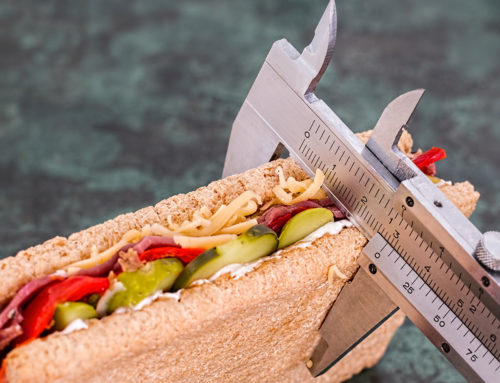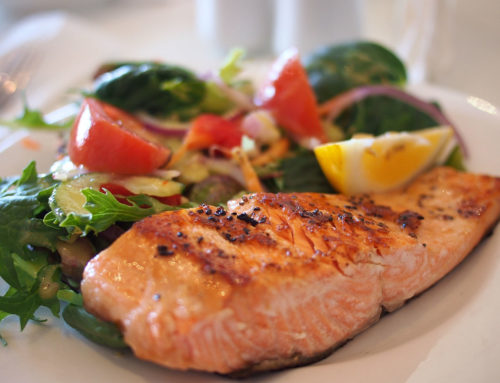We have all heard the dreaded word, CALORIES.
We are told they are the downfall to our fitness goals, but what actually is a calorie. It is a measurement of energy. Consume more calories than your body burns off in a day and you’ll add weight (calorie surplus), however, consume less calories than your body burns off in a day and you will lose weight (calorie deficit). However, don’t take this as freedom to eat or drink whatever you like as long you stay under you calorie target. You should consume foods that have the following properties:
It is always best to stick with unprocessed food to ensure you follow the rules above. They allow you to fill your stomach more, due to them being nutritiously dense.

We need to understand what macronutrients are, put simply they are the nutrients we require in larger quantities. There are three macronutrients: carbohydrates, proteins and fats. Each one has its own benefits and properties, including how many calories each provides. One gram of carbohydrates and one gram of proteins both supply 4 calories of energy, whereas fats supply 9 calories of energy.
Now I’m not suggesting to cut out fat as they are high in calories, just consume them in moderation as fat is vital for a fully functioning body.
Just remember to focus on hitting your protein target regardless what you training goal is. Then if you are trying to reduce your body fat percentage, aim to stay under your calorie target. Whereas, if you’re looking to add muscle then aim for your calorie target, but try not to go too far over as you will put on more body fat than desired (see Calculating and Tracking Calories).



